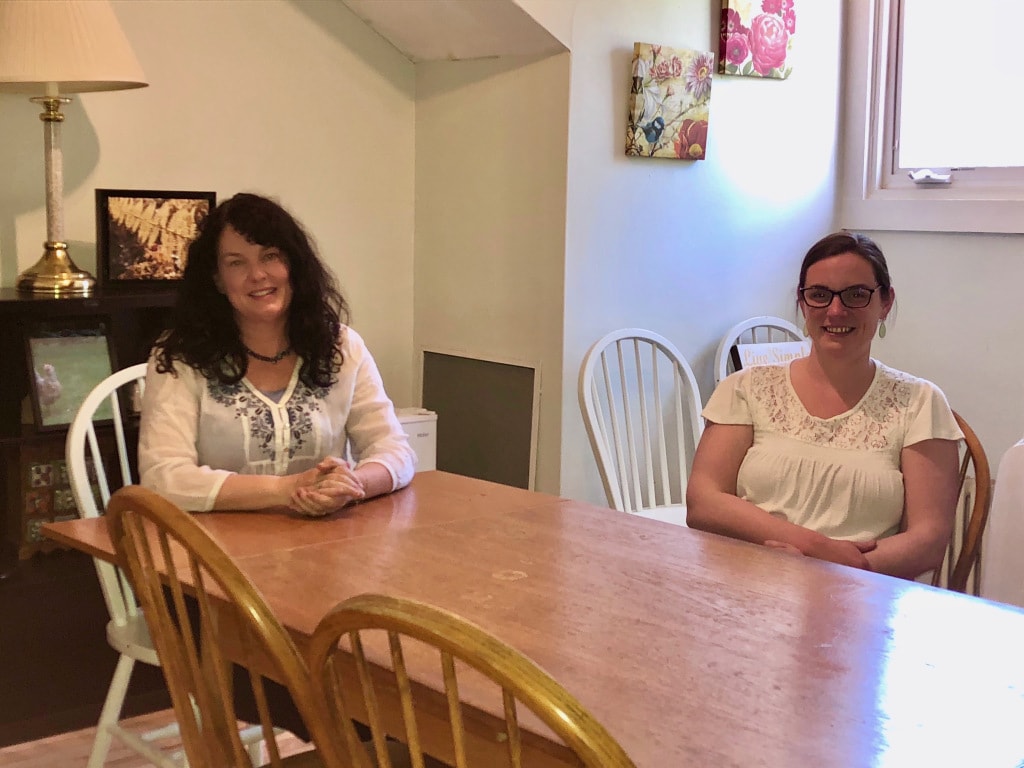While COVID-19 has increased the need for its services, positive developments have emerged in several programs, including Seacoast Community Diversion Program (SCDP), at Chase Home.
According to Cory Towne-Kerr, who manages it, the program holds youth accountable for disruptive behavior while providing education and support services.
“When social distancing protocols were enacted, we adjusted our approach to SCDP,” she said.
Citing COVID-19, she said this approach entails encouraging program staff, volunteers and meeting facilitators “to think outside the box” in solving problems.
“We cannot approach youth and families the way we did before,” she said. “What we are doing now is talking, as a program, about how to better practice social empathy with youth and families in our program. How can we all work better in an environment where many people have so much less?”

In referencing the economic impact of COVID-19 on youth in SCDP, Chase Home Executive Director Meme Wheeler said corporate and individual support have helped “bridge gaps.”
“We have expanded some services to help families build some of their organizational skills to meet new challenges brought on by the pandemic,” she said. “We are also offering full scholarships for entry into the program and free services, such as online classes, LADC evaluations and pro-bono therapy.”
Founded in 2016, Wheeler said SCDP addresses “needs not currently met in the region.”
“We serve youth who have begun to get into some serious trouble,” she said. “Without a formal intervention of some kind, research points to long-term poor life outcomes.”
One of 17 programs accredited by the New Hampshire Juvenile Court Diversion Network, SCDP receives referrals from SAU’s 16, 14 and 52 and from police departments in Stratham, Exeter, Portsmouth, Newington, Epping, and Hampton.
“We work with clients from all over the Seacoast and parts of southern Maine,” added Towne-Kerr, who said SCDP also recently added “drop-in” youth wellness sessions.
“We want youth and families in this region to know Chase Home is here and working in the community,” she said.
In looking ahead to SCDP’s future, Wheeler said they are working with DARCI Creative, which is developing a website that provides information and resources.
“The program is important because it addresses a segment of the youth population at grave risk for suicide,” she explained. “Our staff are trained in youth suicide prevention, and we are actively working as a program to provide resources that extend well beyond our program.”
SCDP is one of several area programs funded by Exeter Hospital, which launched a multi-year initiative to prevent youth suicide on the Seacoast. Additional major funders of SCDP include Kennebunk Savings.
Founded in 1877, The Chase Home in Portsmouth serves at-risk youth annually statewide through prevention, early intervention, residential and community-based programs. Some youth are served in the community while others live at The Chase Home.
To learn more about SCDP or Chase Home, visit chasehome.org.